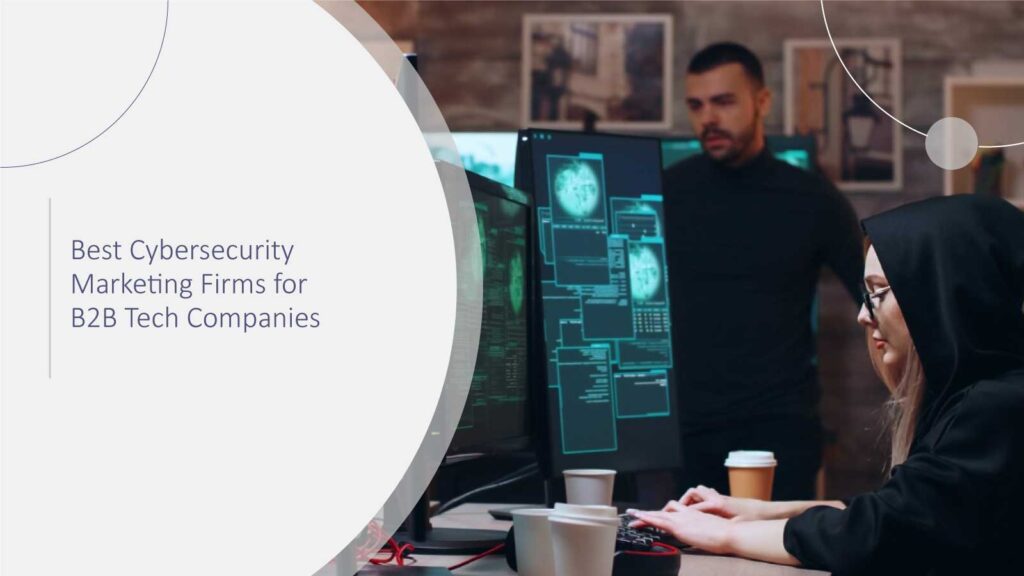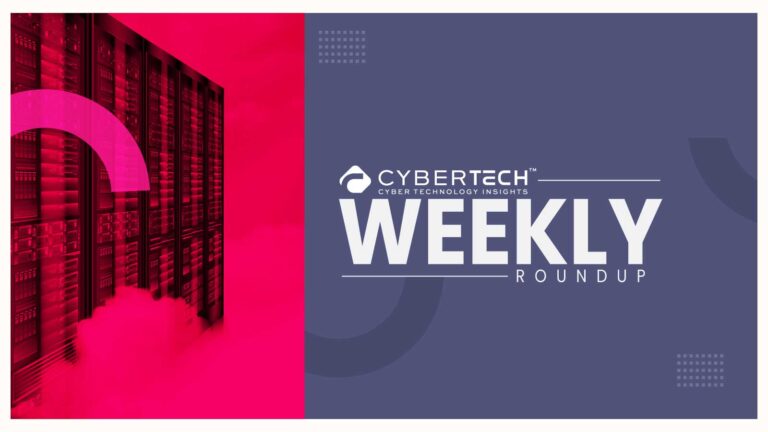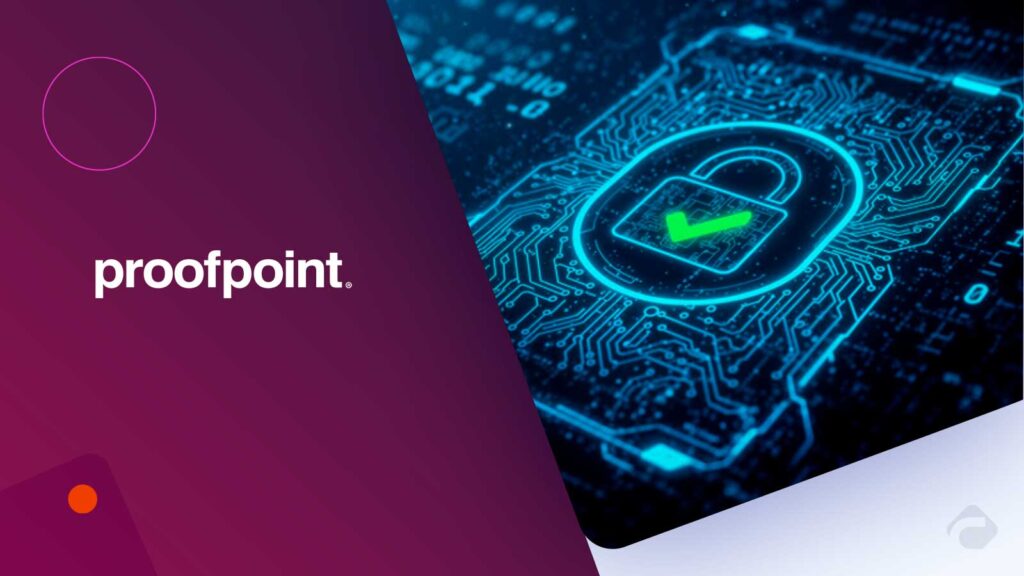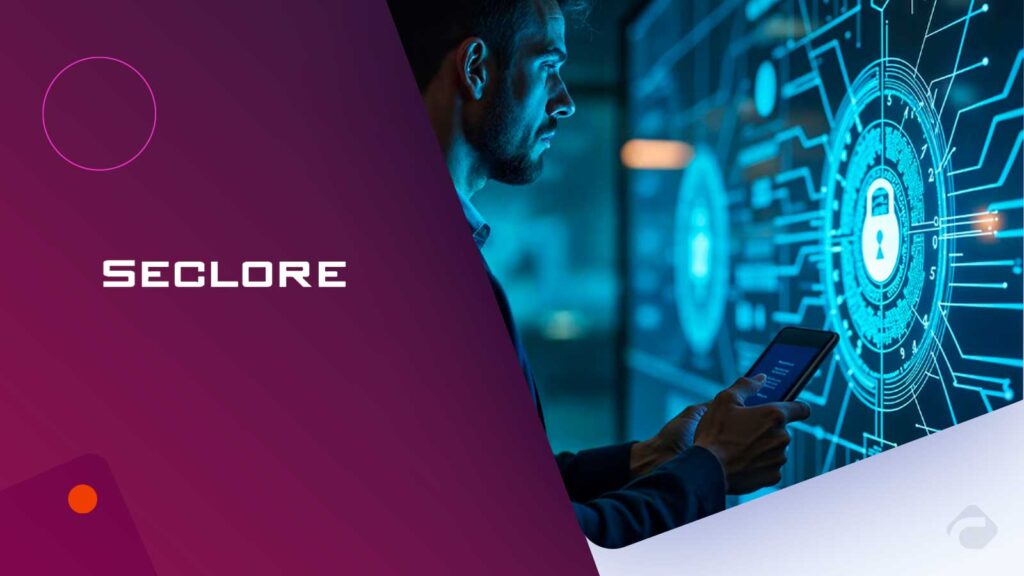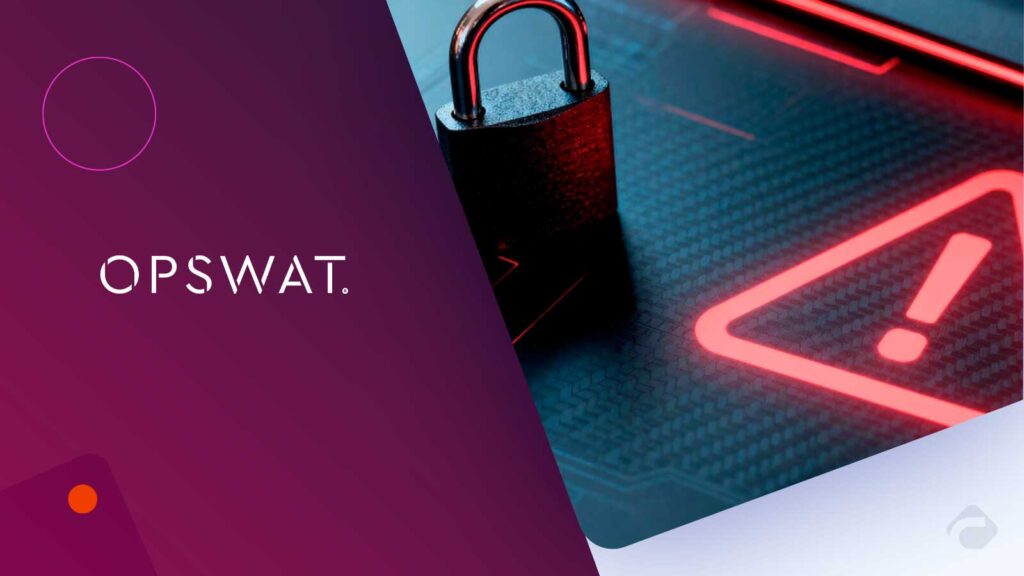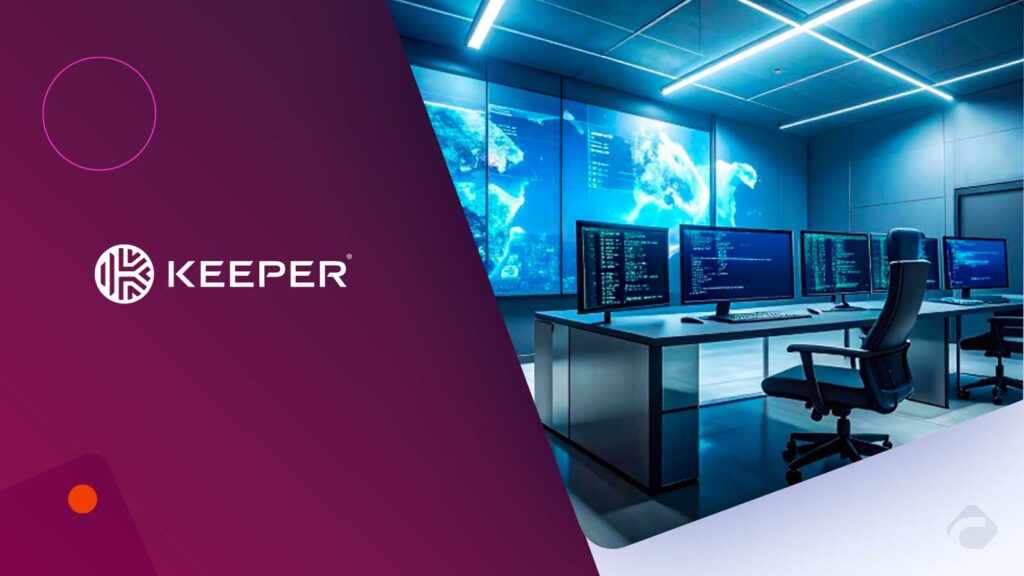Imagine telling a story about your B2B cybersecurity invention at a dinner party. Most likely, one person will show polite appreciation. The second will ask whether you “hack for a living,” and the third will promptly shift the conversation to sports. This is the essence of the cybersecurity marketing dilemma: it is complicated, not well understood, and it is definitely not something people enjoy discussing at social gatherings.
Put yourself in the position of a Chief Information Security Officer (CISO) or Chief Technology Officer (CTO) for a moment. Each week, numerous cybersecurity vendors send them emails with promises of “unparalleled protection,” “AI-driven security,” and “future-proof continuity.” The truth is, most of these emails are not even glanced at. This makes it necessary to have agencies that specialize in B2B tech cybersecurity marketing to do the job.
They rewrite the technical characteristics into engaging stories that catch the attention of executives who have little time to spare. They know the ways to gain trust in a business where the risk is high, suspicion is the norm, and credibility is the only thing that matters.
So, who are the best agencies leading this charge in 2025? Let’s uncover the top firms, their excellent strengths, and the tactics that make them different.
Why Cybersecurity Marketing Requires Specialists
Any B2B marketing agency could do the job, right? That is true only in theory. However, there are many differences for a B2B company to succeed in its marketing. Cybersecurity marketing has its unique features that come with it.
The Buyer’s Mindset
Security leaders aren’t swayed by the charm of a product or service. Through research, validation, and consulting with analysts, they arrive at a decision. If your marketing lacks an authoritative tone, you basically do not exist to them.
According to Gartner, 70% of CISOs rely on peer recommendations and analyst insights over vendor-led marketing when making technology decisions (Gartner, 2024).
The Stakes Are Higher
The world of cybersecurity is not about a comfortable ride; instead, it is about stopping hacker attacks that cost millions of dollars. A brand can lose all its credibility at the very moment over which it plays simply by sinking it with overpromises and misrepresentations. Cybersecurity failures aren’t just inconvenient – they’re catastrophic. A single breach can cost millions.
According to IBM’s Cost of a Data Breach Report 2024, the global average cost of a data breach reached $4.45 million, the highest on record. That means credibility isn’t optional; it’s existential.
The Complexity Factor
Even the best, shortest, and most understandable copy for Continuous Threat Exposure Management (CTEM) or Zero-Trust architecture comes from an in-depth agency. The challenge is to keep the tech-sounding while still being understandable.
Compliance Sensitivity
If a claim is made, it should be strong enough to pass legal and regulatory scrutiny. It is like walking on a strict line between being persuasive in speech and being accurate with facts.
The main reason that security firms now consider the marketing activities of agencies that have done security-focused B2B marketing in the past so important is this matter.
The Best Cybersecurity Marketing Firms for B2B Tech Companies
1. First Page Sage – The SEO Thought Leaders
First Page Sage is known to be one of the most efficient SEO-driven agencies for technology brands. Their approach in cybersecurity is very promising: they produce long-form, research-driven articles that frequently rank high on Google for competitive keywords such as “best XDR platforms” or “Zero-Trust compliance framework.”
Strengths:
- Concentrate efforts on building long-term organic authority.
- Think leadership formation through the release of well-researched blogs and whitepapers.
- Proven success with large B2B tech enterprises.
If you are looking for a continuous inflow of inbound leads and substantial search visibility, youcan’tt but see First Page Sage as a potential partner.
McKinsey (2023) highlights that 70 – 80% of B2B buyers begin their research online before ever contacting a vendor, underscoring the importance of SEO authority.
2. CyberTheory – The Cybersecurity-Exclusive Agency
CyberTheory is remarkable as it is not merely a B2B agency but a cybersecurity-exclusive marketing firm. They have the industry knowledge necessary to comprehend the subtle aspects of the engagement with security leaders. Their strong relationship with the Cybersecurity Marketing Society gives them an insider notion of what the Nuswell CISO Royal Program is like.
Strengths:
- Communication strategy frameworks developed only for security purchasers.
- Engagement options adjusted to the introductory levels of executives.
- Content programs are derived from in-depth technical skills.
If a firm leads to Connects What Surfaces Securely with the Decisions of the Security Community, Directly CyberTheory Definite Weighing Trustworthiness Is.
3. Elevation Marketing – Translating Tech Into Business
Though not limited to the cybersecurity field, Elevation Marketing has successfully positioned itself as the go-to agency to support the scale-up of mid-market technology vendors. Their main point is to link technical complexity with the actual business outcomes, thus making cybersecurity services more understandable to business executives and purchasing departments.
Strengths:
- Program for generating revenue and Account-Based Marketing (ABM).
- The coordination of marketing efforts with sales facilitation.
- Practice of making mid-sized companies’ transition into big enterprises possible.
In the case that your cybersecurity company is set to make a step from startup to growth phase, the decision would be right to go for the strategic mechanism that suits you the most, including Elevation. Read more about ABM success strategy here!
4. Walker Sands – PR and Visibility Experts
The market for cybersecurity solutions is very saturated. One can’t merely rely on articles to get the audience’s attention; what is required is exposure to the most respected sources. That is exactly the strong point of Walker Sands. The company has established its position as a PR-first marketing agency that aims to connect cybersecurity firms to the right number and type of people.
Strengths:
- Being featured in the media with appearances in top publications like SecurityWeek and DarkReading.
- Helping in crisis communication and management of reputation.
- Offering powerful support for the amplification of thought leadership.
If you are striving for brand recognition, Walker Sands is the one who can take ybusinessouts to the next level, thus making you visible in no time and in a reliable way.
Gartner 2024: Vendors featured in top analyst or media reports are 3x more likely to make it onto a buyer’s shortlist.
5. Cybersecurity Marketing Society Network – Agile and Cost-Effective
The Cybersecurity Marketing Society is not an agency but a connector between vendors and boutique agencies or freelancing professionals. The latter specializes in security marketing, and this community is particularly valuable for the early-stage startups that are looking for agile and budget-friendly campaigns without the hassle of big companies.
Strengths:
- Flexible and project-based support.
- Opportunities to become part of a circle of professionals who are engaged in security marketing.
- Community-provided insights into buyers’ minds.
For companies testing new markets or building their initial visibility, this network offers a smart starting point.
Key Strategies That Drive Success in Cybersecurity Marketing
What makes these agencies successful is not only the personalities of the agencies, it is the way they implement. Here are the strategies that always lead to results:
Educational Content
CISOs are not looking for buzzwords; they are looking for insights that can be applied. So, agencies do it by publishing whitepapers, blogs based on research, and producing videos for the vendors to be the CISO’s trusted advisors.
McKinsey 2024 research: B2B buyers consume an average of 13 pieces of content before engaging a vendor.
Event-Driven Campaigns
Conferences like RSA, Black Hat, and DEF CON are the main source through which cybersecurity marketing breathes. Companies aid clients in boosting their impact through creating a buzz before the event, live coverage, and conducting leadership roles after the event.
SEO with Precision
It is unattainable to win “cybersecurity” as a main keyword. Instead, intelligent agencies select to concentrate on long-tail, intent-driven queries like “CTEM adoption strategies” or “AI-powered endpoint protection.”
PR and Analyst Relations
Being featured in Gartner, Forrester, or the likes of the analyst report niches is the fastest way of building up the credibility of the ads, but agencies know how to get these placements.
Community Building
Trust, which comes from peers, is the main factor in the adoption of a product. Thus, firms are involved in building trust ecosystems instead of traditional campaigns as they organize private CISO roundtables and LinkedIn thought leadership programs.
The Future of Cybersecurity Marketing (2025–2027)
The places where cybersecurity is handled are growing in number,e r and this is affecting the way the marketing of the same is being done. The agencies are already doing things differently by changing their methodologies to new strategies that concur with the direction of the industry:
- AI-Driven Personalization: Buyer intent-based campaigns that can be altered anytime.
- Continuous Threat Exposure Messaging: CTEM is referred ed by Gartner as a top priority, and accordingly, marketing narratives are adapting this priority.
- Video and Interactive Thought Leadership: The number of executives who select video explainers and webinars rather than whitepapers is increasing.
- Zero-Trust Differentiation: Each vendor attempts to illustrate that their product is the one that adheres to the zero-trust model; however, agencies will be the ones with the resources that help differentiate the real from the fake ones.
- Peer-Led Communities: Private Slack groups, executive dinners, and invite-only roundtables are becoming the entry points preferred over cold emails.
The main point here is that the future of cybersecurity marketing is no longer about broadcasting features, but is about establishing trusted communities.
Why is it Important To Choose the Right Firm
Apart from being just another supplier, your marketing agency is your credibility representative. The wrong choice of it means throwing money down the drain and losing concessions. On the other hand, the right choice means:
- Explaining the complexity in terms of understanding.
- Obtaining the confidence of top executives.
- Transforming brand awareness into sales growth.
Trust is the cornerstone of the B2B marketplace, and it is in such an environment that trust is what your partner should represent.
Conclusion: Marketing Trust in an Age of Risk
Risk is what defines the world of trust, where cybersecurity marketing is not an array of catchy phrases or brilliant wordplays. Rather, it is the trust building in such a world. The best B2B cybersecurity agencies are those that understand that being credible is what sets you apart from the others, not staging a performance.
In that case, if you are either from a lean startup or an enterprise vendor, the firm that fits you best will be the one that extracts your voice from the noise, connects you with the appropriate decision-makers, and allows your company to be the one trusted in this perpetually unstable digital world.
FAQs
1. Why is it necessary for cybersecurity companies to have specialized marketing agencies?
The reason is that the market calls for precision, authority, and trustworthiness. The specialized companies know how to make the technologies sound simple without sacrificing the technicality of the message.
2. What strategies are the most effective in cybersecurity marketing?
The combination of content-driven SEO, analyst relations, PR placement, and community-driven engagement yields the best results compared to traditional advertising.
3. Are these companies only for big corporations?
No. Although agencies like Walker Sands mostly target enterprise clients, programs like the Cybersecurity Marketing Society are well-suited for startups and mid-market vendors.
4. What are the ways through which cybersecurity agencies gain the trust of CISOs?
By means of data-supported content, analyst engagement, media visibility, and peer-to-peer initiatives that facilitate the creation of authentic connections.
5. What should I look for in an agency before I make a choice?
Check for industry knowledge, cybersecurity success stories, and if they match your growing phase,and can bring marketing strategy and real sales together.
For deeper insights on agentic AI governance, identity controls, and real‑world breach data, visit Cyber Tech Insights.
To participate in upcoming interviews, please reach out to our CyberTech Media Room at sudipto@intentamplify.com.

